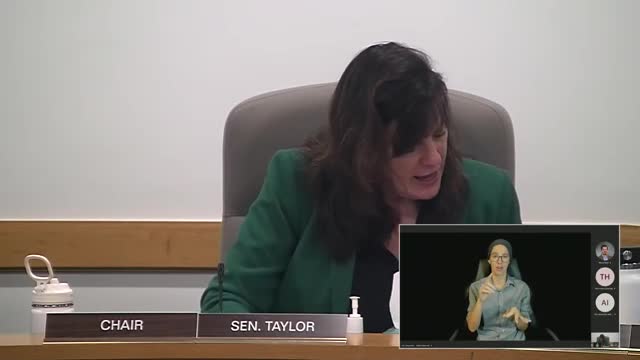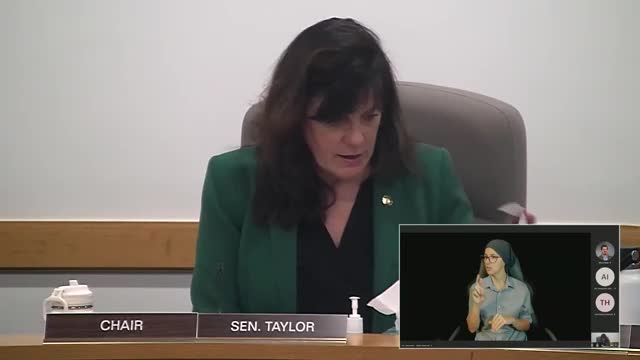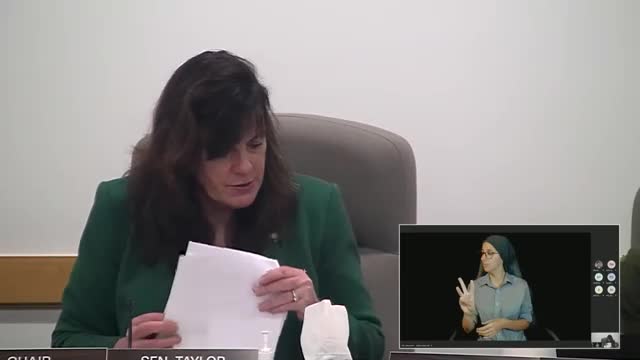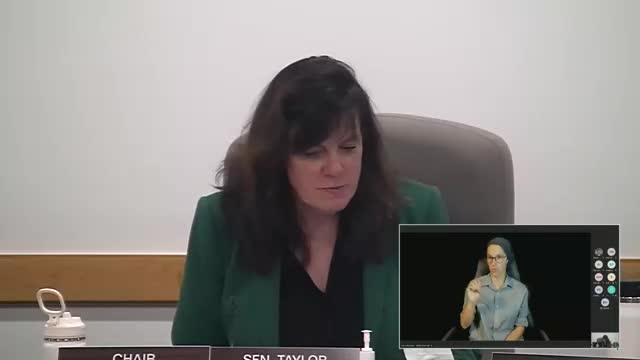Article not found
This article is no longer available. But don't worry—we've gathered other articles that discuss the same topic.

Committee hears testimony on overtime cap for OPSRP employees and impacts on retirement benefits

Committee hears support and cost concerns for bill to boost police and firefighter retirement benefits and study retiree health insurance

Senate Committee sends landscape licensing bill to the floor with due‑pass recommendation

Committee discusses consolidating landscape contractor bond tiers to $20,000; amendment requested

Committee adopts amendment to allow Racing Commission auditors to place wagers while auditing; bill moved to Senate floor

